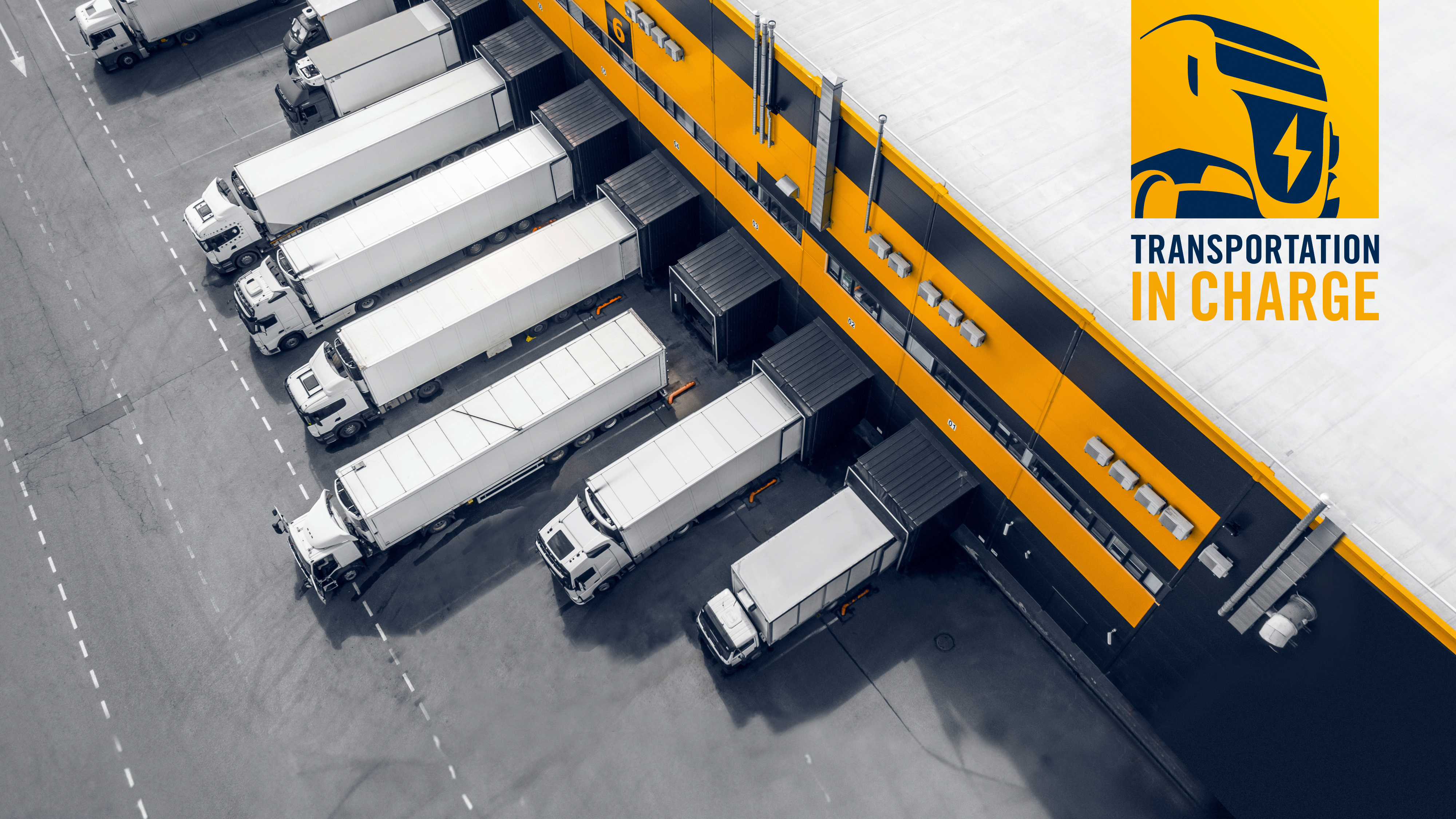"Transportation in Charge": Charging infrastructure for logistics
In the project "Transportation in Charge", experts from Fraunhofer IFAM are developing concepts for the future planning of charging infrastructure in commercial areas and freight villages. The project aims to gain a better understanding of the demands for public and private charging infrastructure and to identify possible synergy effects through its shared use, thus ensuring the efficient utilization of this cost-intensive infrastructure. In order to successfully implement this approach, commercial areas must be viewed as systems, containing different actors with different levels of consideration that need to be brought together. To achieve this, the project "Transportation in Charge" will analyze the requirements and individual challenges faced by the various stakeholders. This includes not only our cooperative partners from the logistics but also those of local companies, municipalities and cities, grid operators, charging infrastructure operators, and finally, the users of the charging infrastructure.
Planning of charging infrastructure in commercial areas
The detailed analysis of the various commercial areas and freight villages, in which charging infrastructure is being installed as part of the research project, will provide important insights into the future planning of charging infrastructure in commercial areas. These findings will be invaluable for the analysis of the Germany-wide demand for charging infrastructure in commercial areas.
Sharing of charging infrastructure
The project "Transportation in Charge" will look to exploit possible synergy effects arising in commercial areas. The focus will lie on the shared use of charging infrastructure and whether it can be used in a way which benefits the involved local companies in fulfilling the charging needs of their electric truck fleets whilst simultaneously reducing the costs for the charging infrastructure. This higher utilization reduces the costs for the individual companies and subsidies can be used more efficiently.
Ensuring smooth charging processes in logistics operations
Another project objective is to investigate the suitability for practical use of the available electric commercial vehicles (e-trucks) for various logistics tasks. Therefore, the developed concepts will undergo field testing as part of the research project. For this purpose, 140 commercial vehicles ranging from 3.5 tons to 40 tons and the corresponding charging infrastructure will be tested and evaluated in everyday operations during an 18 month period. A wide range of logistics requirements will be considered during field testing. The aim of this test is to gain insights into how charging processes can be carried out as seamlessly as possible in logistics operations without increasing idle times of the commercial vehicles. Through this the project aims to gain additional insight into the operation of charging infrastructure in big logistical hubs.
The research partners will monitor and evaluate the performance of the vehicles and their impact on the electricity grid in real-time. In addition, a prototype of a software tool is being developed that will enable the optimization of the route planning based on the vehicle data, taking charging load management into account. The project will investigate what companies can do to optimize the integration of the charging infrastructure and photovoltaic systems into existing energy management systems.
Successful implementation through acceptance
A key aspect for the successful transformation of the transportation system and the transition to e-trucks is the acceptance of the involved stakeholders. The aim of the project is therefore to identify and analyze the demands and individual challenges faced by the various stakeholders. To this end, interviews and workshops are being conducted with the cooperative partners from the logistics and other local companies on topics regarding cost-effectiveness and aspects such as the service quality of the workshops, the availability of the charging infrastructure, and the user-friendliness of the e-trucks.
Overview: "Transportation in Charge"
Duration
01.04.2023-31.03.2026
Project Partners
- Fraunhofer IFAM - Fraunhofer Institute for Manufacturing Technology and Advanced Materials IFAM
- IAEW - High Voltage Equipment and Grids, Digitalization and Energy Economics of the RWTH Aachen University
- ISB - Chair and Institute of Urban and Transport Planning of the RWTH Aachen University
- HCIC - Human-Computer Interaction Center of the RWTH Aachen University
- PSI Logistics GmbH
- Rhenus Home Delivery GmbH
- Behrens-Wöhlk GmbH & Co. KG
Funding
Transportation in Charge (TiC):
Federal Ministry for Economic Affairs and Climate Action (BMWK)
Vehicles and charging infrastructure:
Federal Ministry for Digital and Transport (BMDV)
 Fraunhofer Institute for Manufacturing Technology and Advanced Materials IFAM
Fraunhofer Institute for Manufacturing Technology and Advanced Materials IFAM